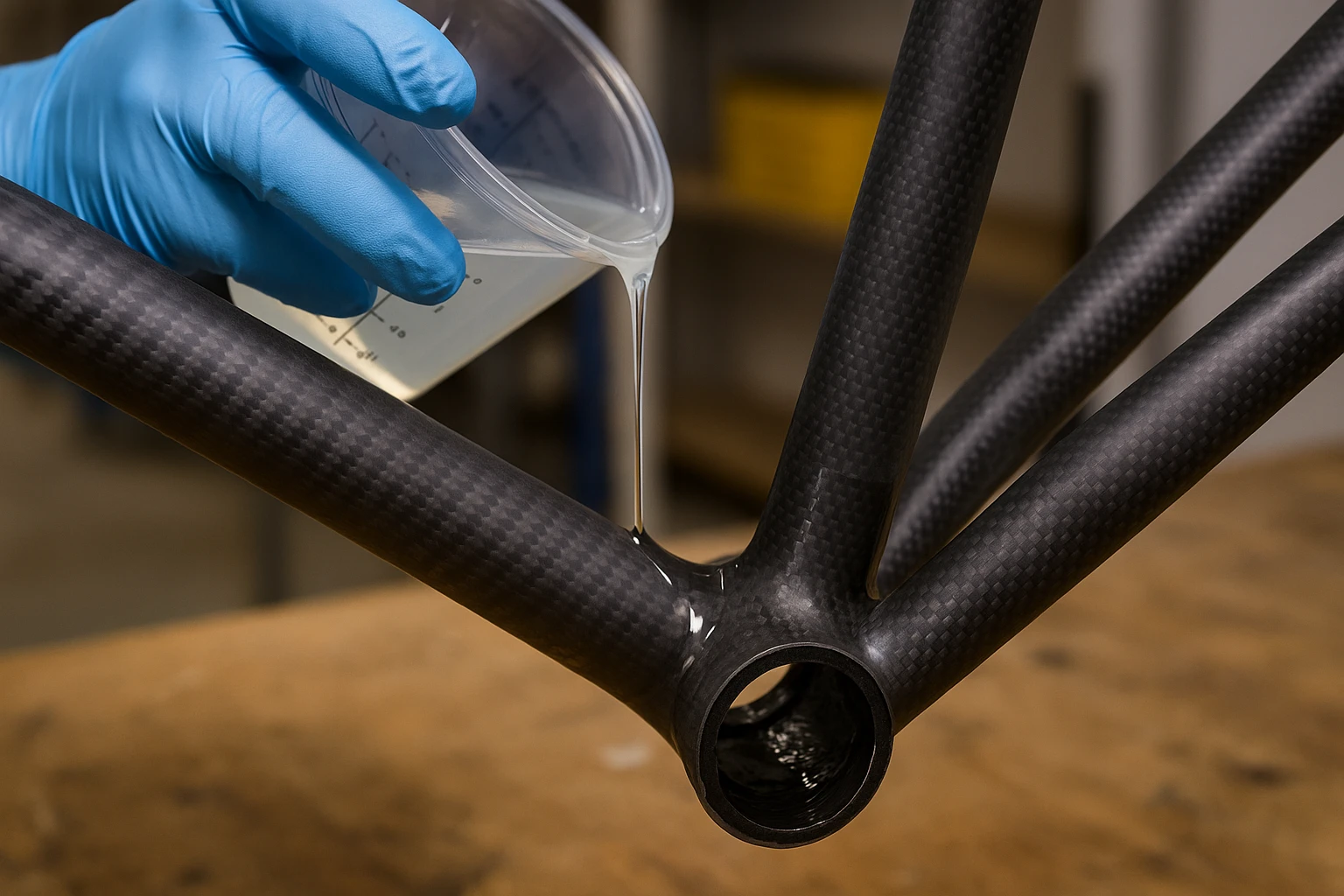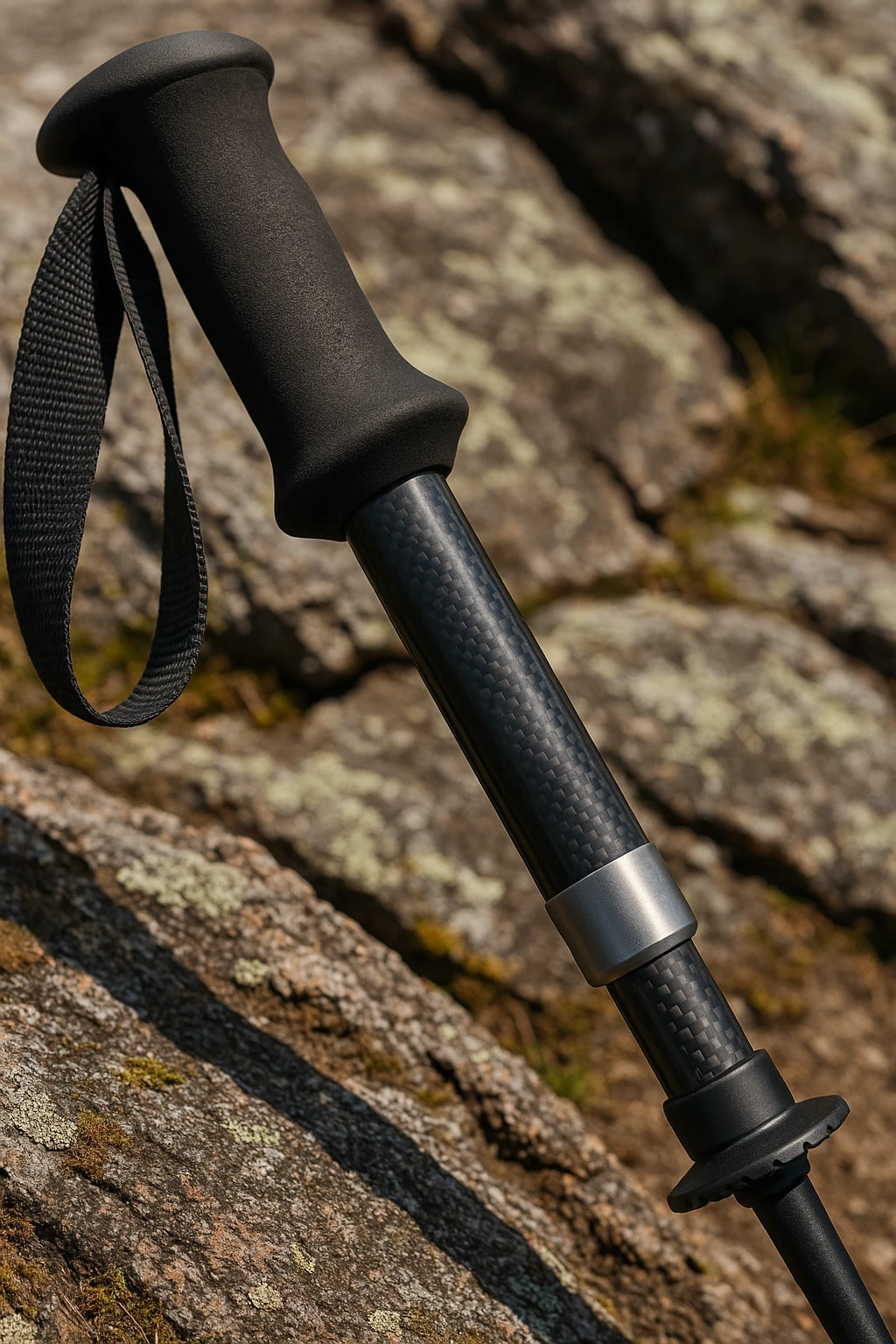Before using epoxy resin AB glue, it is vital that users understand its composition, application techniques and curing properties.

Epoxy resin AB glue is an indispensable material when it comes to adhesive solutions, consisting of two distinct components – resin (A) and hardener (B). When mixed together they form an exceptionally strong and long-term bond, making this adhesive suitable for various applications. By understanding their respective properties and interaction during curing processes users can maximize its potential and obtain optimal results from this adhesive solution.
Resin and Hardener Composition
Epoxy resins typically feature bisphenol A (BPA) or bisphenol F, blended with epichlorohydrin as its resin component. Hardeners usually comprised of amines or polyamines react with this resin to form cross-linked networks which make up hard, wear-resistance material that resist wear, heat and moisture conditions. Achieving desired properties requires finding an equilibrium between resin to hardener ratio – any imbalance can delay curing process significantly, impacting performance significantly and hinder performance overall.
Effect of Resin and Hardener on Epoxy Properties
Resin:Resin is essential in providing adhesive with fluidity and working time before it sets, giving final products strength, impact resistance and moisture resistance.
Hardeners:**Hardeners activate the curing process by solidifying mixture, providing rigid and durable bonds. Their choice can impact curing time, temperature range and bond strength of final bond.
Composing epoxy using resin and hardener from different suppliers has an enormous effect on its viscosity, curing speed, and strength; understanding their individual properties is therefore vital in producing top results on every project.
Advantages of Epoxy Resin AB Glue
Epoxy adhesives are known for their exceptional bonding strength and durability, creating strong connections to various materials including metals, plastics, ceramics, wood composites and composites. Once set it creates tough and resilient bonds that resist impact, abrasion and chemical exposure.
Epoxy provides excellent resistance against moisture and chemicals, making it suitable for industrial and outdoor applications that will face severe environments. It has excellent UV light resistance too! – **Resistance to Moisture and Chemicals** Epoxy is known for being moisture and chemical resistant making it suitable for harsh conditions environments that might otherwise compromise other materials like paint. This makes epoxy the ideal choice when exposed to these harsh conditions for extended use.
Epoxy resin AB glue’s versatility has long made it the go-to product for automotive repairs, construction projects, electronics projects and crafts – perfect for both professional and DIY work alike! It makes Epoxy an indispensable choice.
Extended Working Time: Epoxy has the advantage of offering users more working time before it begins setting, giving users time to reposition or rearrange components before setting occurs.
Disadvantages of Epoxy Resin AB Glue
Long Curing Time While epoxy’s rapid working time may make for convenient project execution, its slow curing times often take several hours or days depending on its formulation and ambient temperatures, further delaying timeline completion. This may cause frustration to project managers looking forward to finishing on schedule.
Temperature Sensitivity:For optimal curing results, epoxy must be mixed and applied within certain temperature parameters for successful cure. Extreme temperatures such as too hot or too cold temperatures may compromise its performance or hinder curing processes, leading to decreased performance or longer curing processes than desired.
Potential Toxicity:Some epoxy resins contain volatile organic compounds (VOCs) or chemicals which could pose potential danger if inhaled directly, so proper ventilation, protective gloves, and safety precautions must be observed when handling epoxy products.
Difficulty in Removal: Once fully set, epoxy bonds become extremely strong and difficult to separate, making it suitable for permanent applications but less suitable in temporary bonding situations. This makes epoxy an excellent option when long-term bonding needs arise but less suitable when temporary applications exist.
Conclusion
Epoxy resin AB glue is an extremely useful adhesive with numerous advantages when it comes to bonding strength, environmental factors resistance and durability. But before selecting this option for any given task or application it’s crucial that one takes into account potential downsides like curing time and toxicity when choosing an ideal glue product for their application. Knowledge of resin/hardener properties as well as interactions during curing process ensures the final bond meets performance requirements and meets performance benchmarks for desired bond quality standards.




